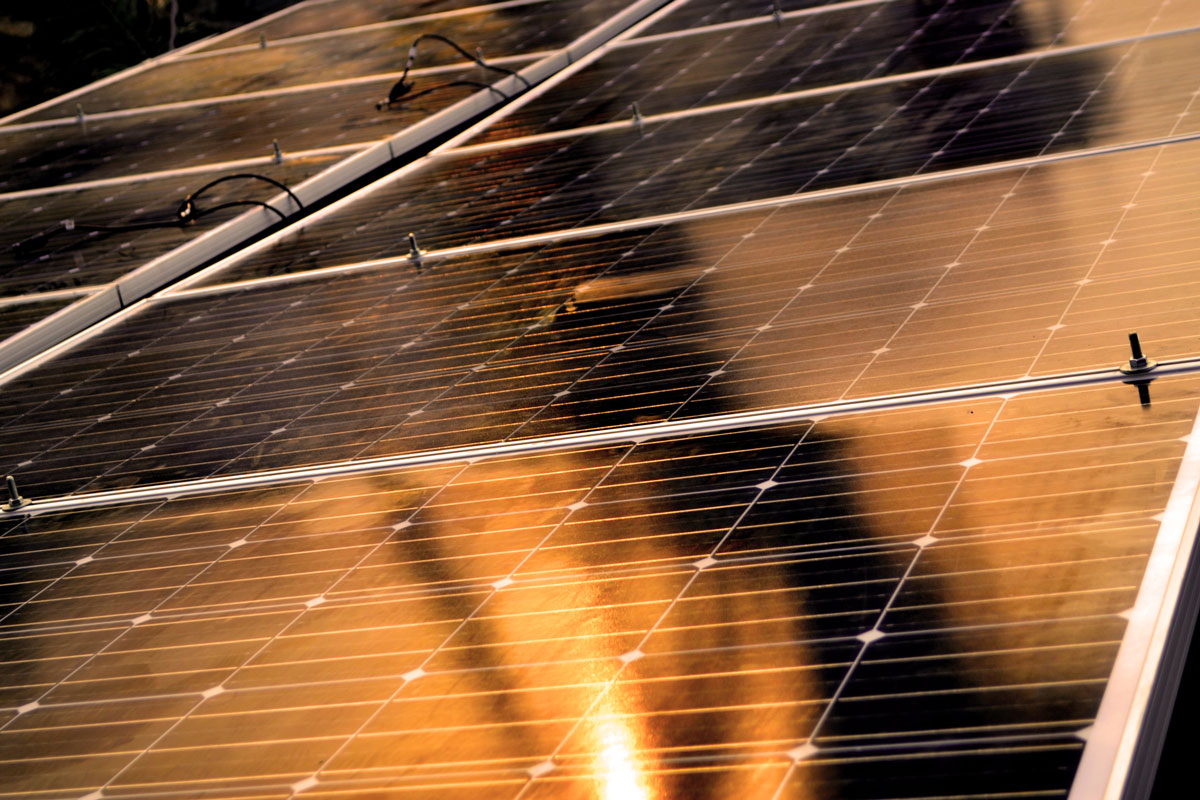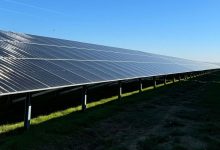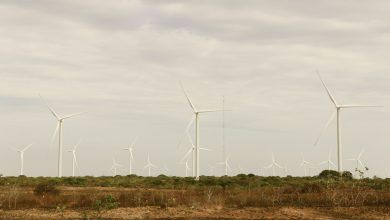Tractebel to support the construction of the world’s biggest solar park
The construction of four new photovoltaic plants within the huge Benban Solar Park project in Egypt has just started with the support of Lahmeyer International, a company of Tractebel. Tractebel is an international company, with Belgian roots, providing worldwide life-cycle consultancy and engineering in power, nuclear, gas, industry and infrastructure.
Lahmeyer International started this year a photovoltaics project as owner’s engineer for Alcazar Energy, a Dubai-based independent developer of renewable energy facilities. The project includes the construction of four 50 MW photovoltaic plants within the Benban Solar Park project in Egypt. The Benban Solar Park near the southern city of Aswan pledges to transform Egypt into a major solar energy player in the world.
The finalised facilities will add 200 MW to the solar park in Egypt’s Western Desert, which has a planned total capacity of 1,650 MW thus representing the biggest solar installation worldwide. The construction of Alcazar’s four solar plants started last month, with expected completion in February 2019.
The project is financed by the International Finance Corporation (IFC) – a sister organisation of the World Bank – and aims at providing Egypt, a fast-growing country of more than 90 million people, with the clean energy it needs to drive growth and fight poverty.
A sunny outlook on solar
According to its website, IFC spearheaded the financing package for the Benban project under its Nubian Suns program, marshalling support from a consortium that included nine international banks. The World Bank supported reforms to Egypt’s electricity sector and provided the country with a USD 3 billion loan. The Multilateral Investment and Guarantee Agency (MIGA), another institution of the World Bank Group, is providing USD 210 million worth of political risk insurance to private lenders and investors involved in the solar park.
In addition to jump-starting economic growth, the Benban project will help Egypt curb its carbon footprint. The entire complex is expected to avoid 2 million tons of greenhouse gas emissions a year, the equivalent of taking about 400,000 cars off the road.
“This project will help Egypt tap into its massive potential for solar energy and scale back its use of expensive—and polluting—fossil fuels. That’s especially important with the spectre of climate change looming,” says Mouayed Makhlouf, IFC Director for the Middle East and North Africa.
The investments flowing into Benban are also creating jobs. This is vital in southern Egypt, where unemployment is rampant. More than 10,000 people will work at the site during construction and once the park is fully operational it will employ 4,000 people.







